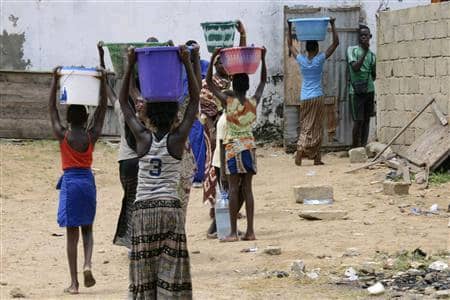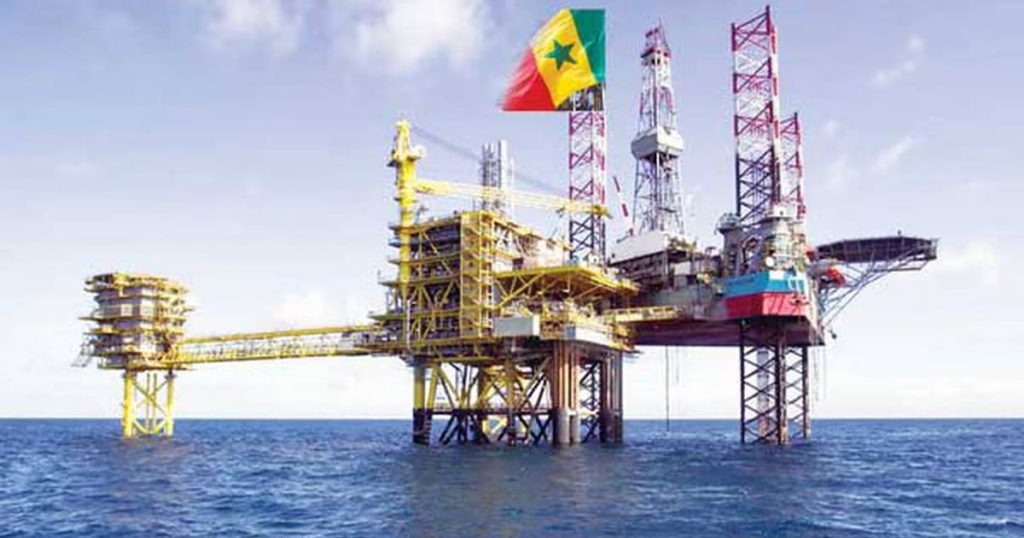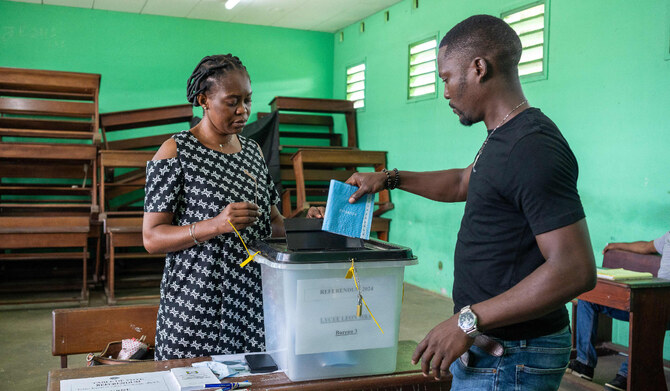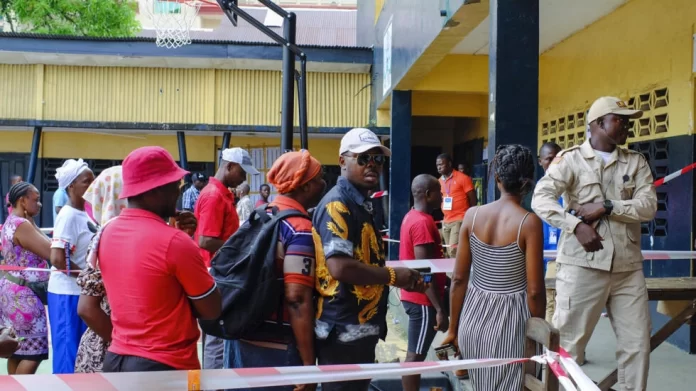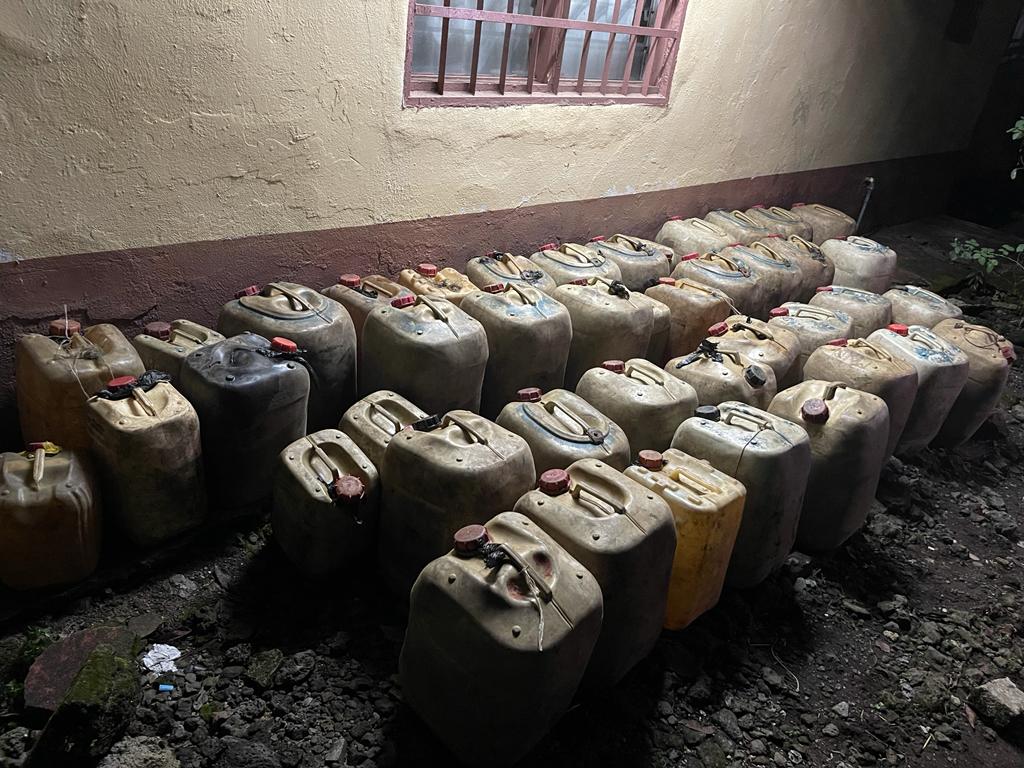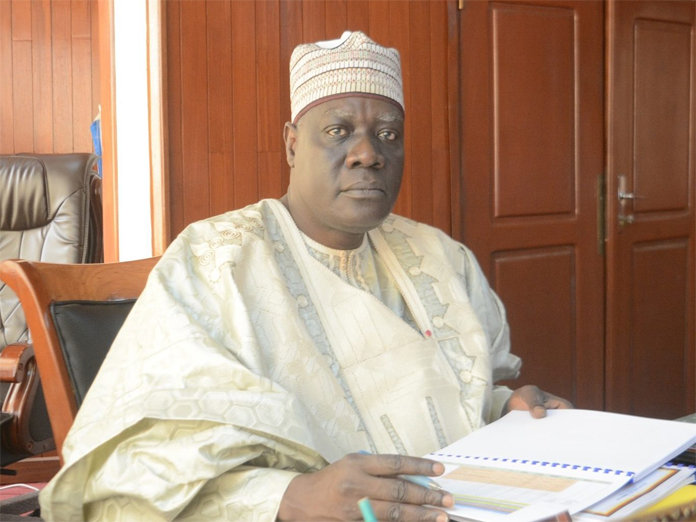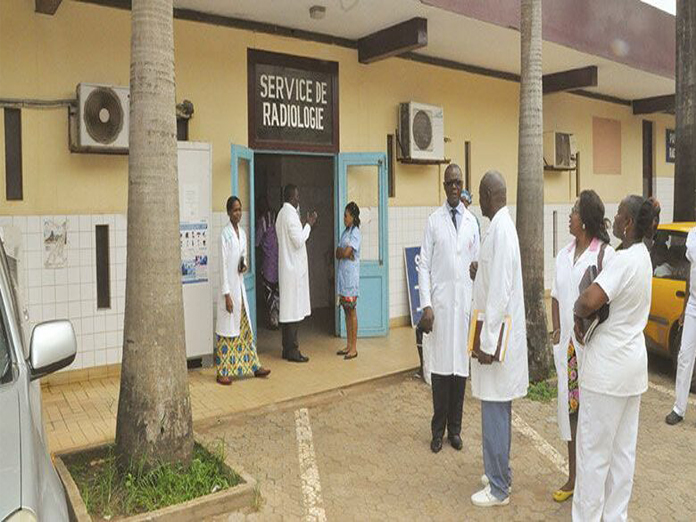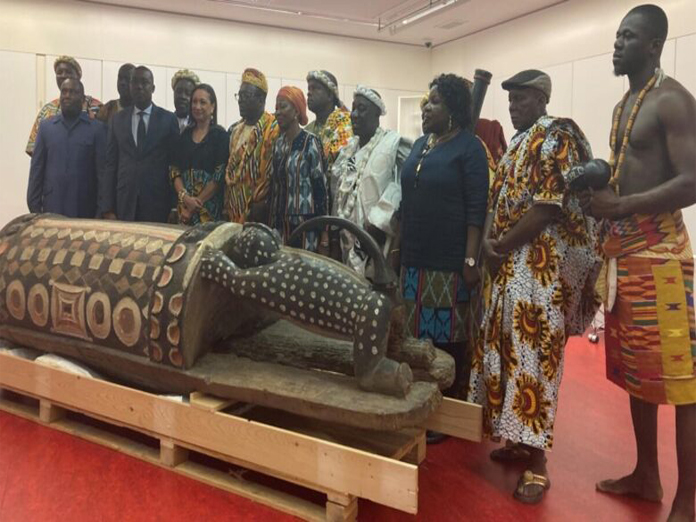Many residents of the Senegalese metropolis Dakar get up in the middle of the night hoping to collect water from their taps, which mostly run dry.
The inhabitants say, they must wake up at 4am in the morning, in order to to get water, and add that the taps are sometimes dry for two to three days at times. According to sources, a population boom in Senegal is intensifying pressure on scarce water resources in its semi-arid capital of five million people, with problems set to increase over the coming decades.
This is common in many African cities, where developmental projects have been abandoned behind strong demographics and demand for water from industry and agriculture. In Dakar, a recent World Bank report pointed to poor water management as part of the reason for shortages, along with overexploitation and groundwater pollution. But demand for water has kept increasing too, sending municipal officials racing to improve infrastructure so as to secure supply.
The authorities are pushing to remedy supply issues in the capital and the government says it has made considerable infrastructural investments. As it stands, the issue of lack of portable water has been noticed in many African nations for the past months, and the different competent authorities have decided to under take certain measures in order, to remedy the water crisis.


